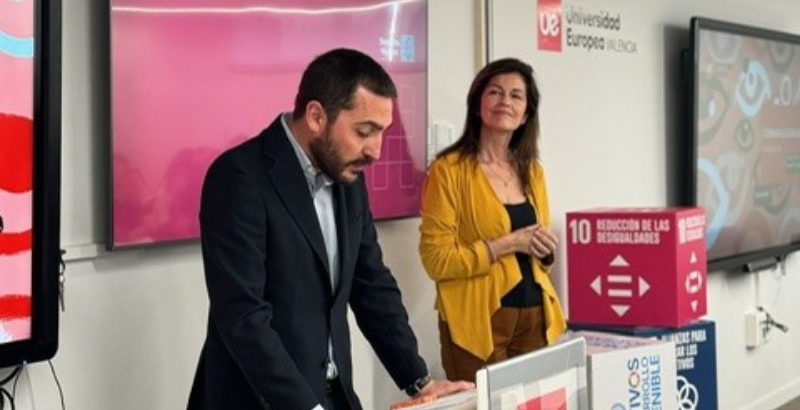The initiative promoted by University Life and Social Commitment of the European University has invited reflection on one of the most urgent and pressing issues of society and the university community: equality
Universidad Europea celebrates Equality Day on all its campuses. Through different activities and inspiring talks, the campuses of Universidad Europea de Canarias, Madrid and Valencia, have made visible and invited students to reflect on equality in different aspects.
Univeridad Europea de Canarias has given great prominence on this day to the clubs, which have led the talks given at its campus in La Orotava. Noemí Martínez and Isaías Rodríguez, lecturers at the institution, were the speakers at the talk organised by the clubs "Fightsports Club", "Club de Baile" and "Astroclub Polaris". In it, the teachers showed the importance of achieving equality in sport.
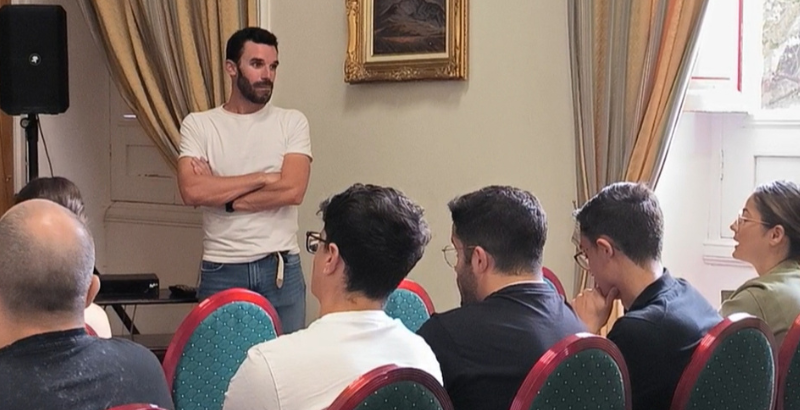
Universidad Europea de Madrid presented the testimonies of Mariano Cardano and Asaari Bibang, well-known faces from the artistic world. The event was also attended by the University Ombudsman of the European University, Elena Gómez, who stressed that "we have a collective imaginary that we still have to work on".
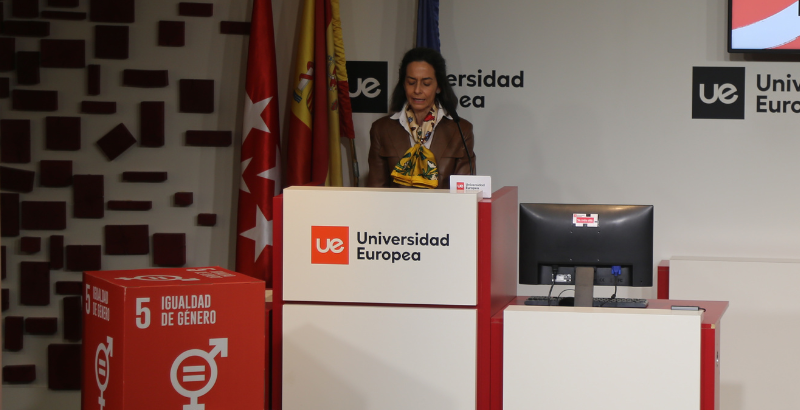
The actress and comedian Asaari Bibang emphasised that "there are ideas that we internalise and assume as realities. These realities do not allow us to approach people directly and really get to know them. Because all these ideas that we internalise are barriers that push us further and further away". She also stressed the importance of "knowing our strengths and not allowing other people's opinions or biases to define the person we are. And even more importantly, the person we can become".
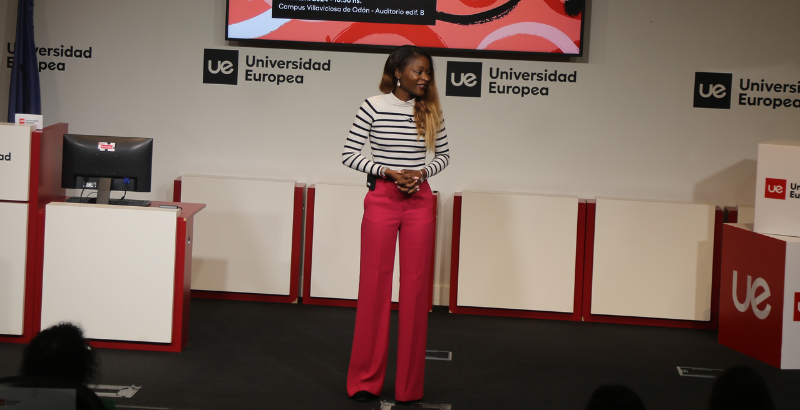
The artistic director and choreographer, Mariano Cardano, was able to share inspiring reflections for students, whom he considers "agents of change", in a talk moderated by Rocío Torronteras, head of the University Life area. Cardano explained that "empathy and being united is fundamental to change society".
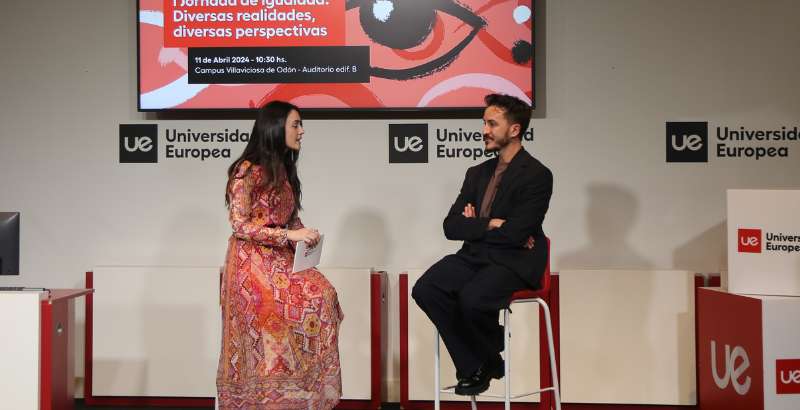
Universidad Europea de Valencia celebrated the day through activities and reflections by its teachers. The students were able to work in teams in an activity in which, using a pack of cards with true/false questions or multiple answers, read aloud in pairs, they provided a practical and participatory experience that helped participants to better understand the various dimensions of inequality. Afterwards, Cristina Escamilla, doctor and professor of Psychology and Criminology, reflected on the activity and the surprising results obtained after playing the game.
